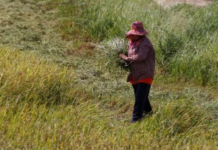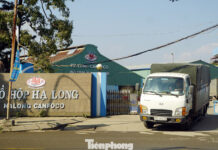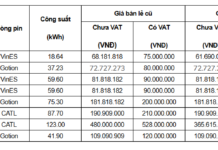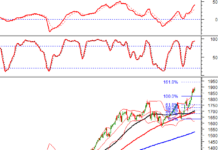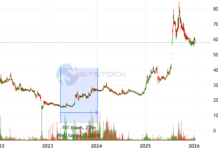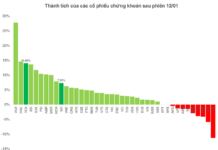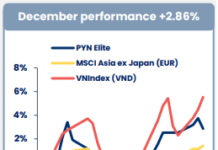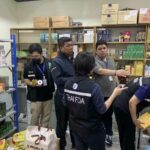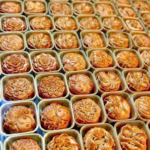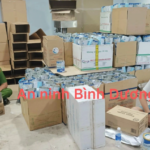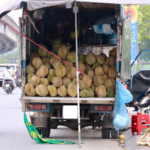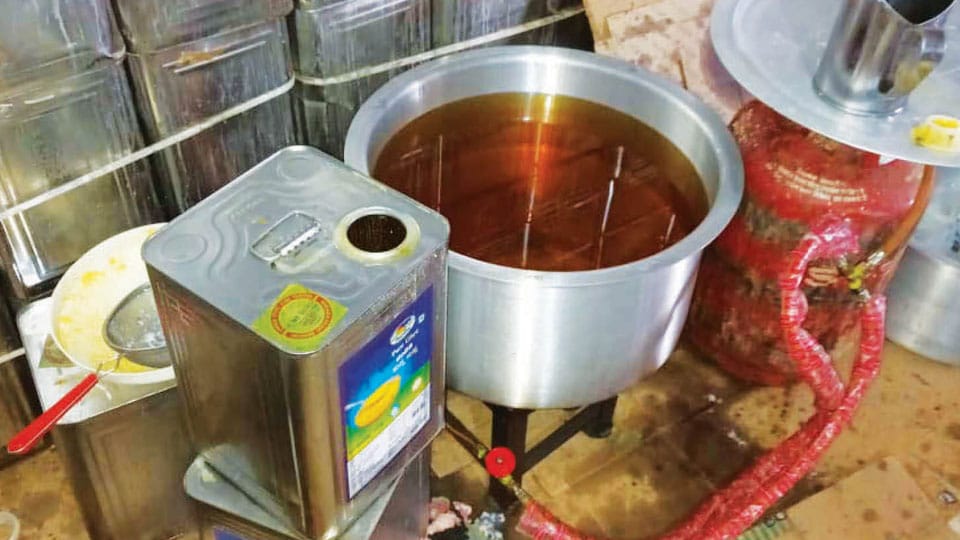
Indian Butter: A Delicacy Under Threat
In a bid to curb the menace of adulterated ghee, a staple in Indian cuisine, the Gujarat Food and Drug Control Administration (FDCA) has launched a massive drive. In August alone, authorities seized over 12 tons of suspected substandard ghee, worth an estimated INR 81 lakh, in raids across various districts in the state.
According to H.G. Koshia, Commissioner of FDCA, the inspections targeted dairy facilities suspected of using cheap palm oil and vegetable fat as substitutes for traditional milk-based ingredients. “Laboratory tests revealed that samples from some major facilities failed to meet quality standards, prompting immediate legal action,” Koshia stated.
One of the biggest cases was recorded in Surat, where a dairy farm had a whopping 10 tons of ghee, valued at approximately INR 65 lakh, confiscated after all three of its samples failed to meet the required standards. At another facility, nearly 11 tons of ghee, worth INR 10 lakh, were destroyed as all the tested samples failed to comply with the norms. Additionally, another batch of 448 kg, valued at INR 2.75 lakh, was also found to be substandard.
In the district of Banaskantha, local authorities seized a further 824 kg of suspected ghee, worth INR 5.6 lakh. The raids also exposed the tactics behind the adulteration racket, with several companies found hoarding palm oil for blending. Notably, one firm had to destroy 5 tons of palm oil worth INR 7.48 lakh that was intended for making fake ghee, while another company had 11 tons of RBD palm oil worth INR 16 lakh seized.
Other cases involved the confiscation of 2.7 tons of palm oil and vanaspati, along with 208 kg of vegetable fat. Altogether, the blended products seized in this drive are valued at approximately INR 1.8 crore.
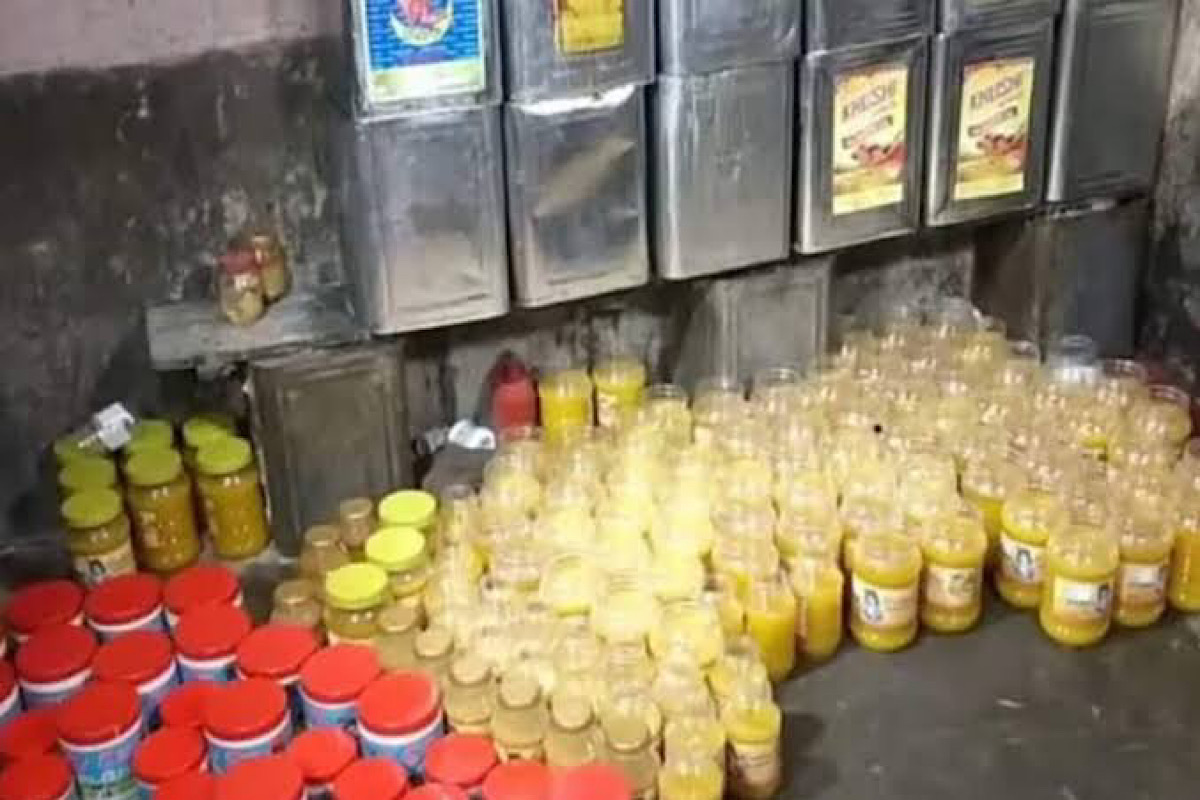
FDCA’s crackdown sends a strong message to adulterators
The FDCA’s efforts extended beyond ghee, as they also monitored the quality of various other food products during the Shravan festival, a period of high consumption of vegetarian dishes. During this time, 774 samples were collected from 468 businesses to ensure food safety.
Koshia emphasized the warning nature of this campaign and assured that large-scale inspections would continue during the upcoming festive season. “Our aim is to send a clear message to manufacturers that they cannot compromise the integrity of food for profit. Consumers need to be protected from the health risks posed by adulterated ghee,” he told Times of India.
The FDCA’s crackdown has been lauded as a strong move, especially considering the essential role of ghee in daily life, including cooking, religious rituals, and festive celebrations. With massive consumption, the temptation to mix cheaper ingredients for higher profits not only causes economic losses but also poses significant health risks to the community.
The City of Lights Shines a Spotlight on Mooncake Discipline.
Mooncakes are a traditional delicacy, especially popular during mid-autumn festivals in Vietnam. With the festival approaching, Ho Chi Minh City authorities are taking proactive measures to ensure the quality and authenticity of mooncakes flooding the market. This September, intensified inspections will be carried out to safeguard consumers and uphold the integrity of this beloved seasonal treat.
“The Conundrum of Candy: A Challenging and Costly Endeavor, Says Deputy Health Minister.”
“In a recent statement, Deputy Minister of Health Do Xuan Tuyen highlighted several cases of counterfeit medicine and food scandals in Vietnam. One notable example was a fake medicine ring in Thanh Hoa province, which was uncovered by the Ministry of Health and subsequently dealt with in collaboration with relevant authorities. Another incident involved Kera candies, which, according to Deputy Minister Tuyen, required extensive and costly testing to ensure public safety.”
The Double Standard Paradox of Vietnamese Agricultural Produce – Part 1: Focusing on Foreign Standards While Neglecting Domestic Ones?
A wide range of Vietnamese fruit and vegetable products are conquering some of the most demanding markets today, including the US, Europe, Japan, and China. However, a long-standing paradox persists: domestic consumption of agricultural produce in Vietnam often lacks defined quality standards.



